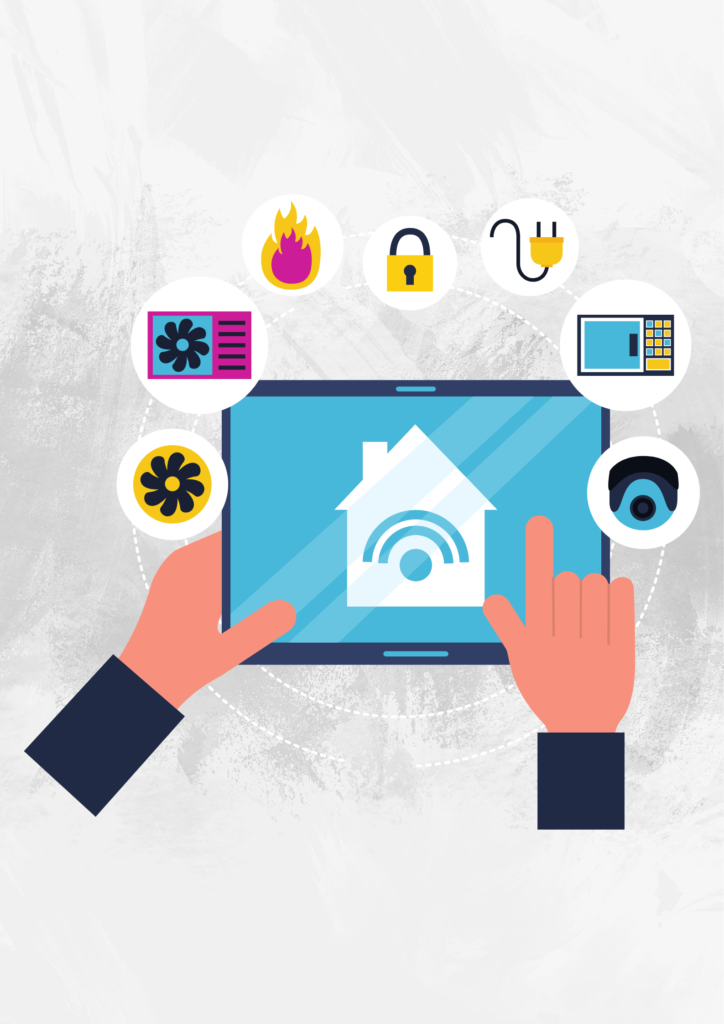The Dawn of Smart Homes: A Technological Revolution

A Glimpse into the Future of Living
The concept of a “smart home” has rapidly evolved from futuristic fiction to a tangible reality. A smart home is a dwelling integrated with technology that allows for automated control of various devices and systems. From lighting and temperature to security and entertainment, these homes offer unprecedented levels of convenience, comfort, and security.
The Power of the Internet of Things
The cornerstone of smart homes is the Internet of Things (IoT), a network of interconnected devices that can communicate and exchange data. This technology enables seamless integration of various appliances and systems, allowing homeowners to control them remotely through smartphones, tablets, or voice assistants. For instance, a homeowner can adjust the thermostat, turn on the lights, or lock the doors from anywhere in the world.
Enhancing Energy Efficiency and Sustainability
One of the primary benefits of smart homes is enhanced energy efficiency. Smart thermostats can automatically adjust the temperature based on occupancy and weather conditions, reducing energy consumption and lowering utility bills. Additionally, smart lighting systems can be programmed to turn on and off at specific times or respond to natural light, further optimizing energy usage.
Elevating Home Security
Beyond energy efficiency, smart homes offer significant security advantages. Smart security systems, equipped with cameras, sensors, and alarms, can detect and deter intruders. Homeowners can receive real-time alerts and monitor their property remotely. Moreover, smart locks allow for keyless entry and remote access, providing flexibility and convenience.
Addressing Potential Challenges
While smart homes offer numerous benefits, there are also potential drawbacks to consider. The initial cost of installing smart home systems can be substantial, and there is a learning curve associated with using the technology. Additionally, concerns about privacy and security have arisen, as these systems collect and store personal data. However, as technology continues to advance, these concerns are being addressed through robust security measures and privacy-focused practices.
The Future of Living: A Smart Home Revolution
In conclusion, smart homes represent a significant leap forward in home technology. By offering convenience, energy efficiency, and security, they have the potential to revolutionize the way we live. As the technology continues to evolve, we can expect even more innovative and integrated solutions that will further enhance our living experiences.




















